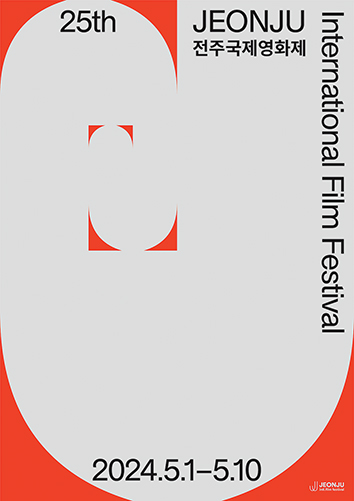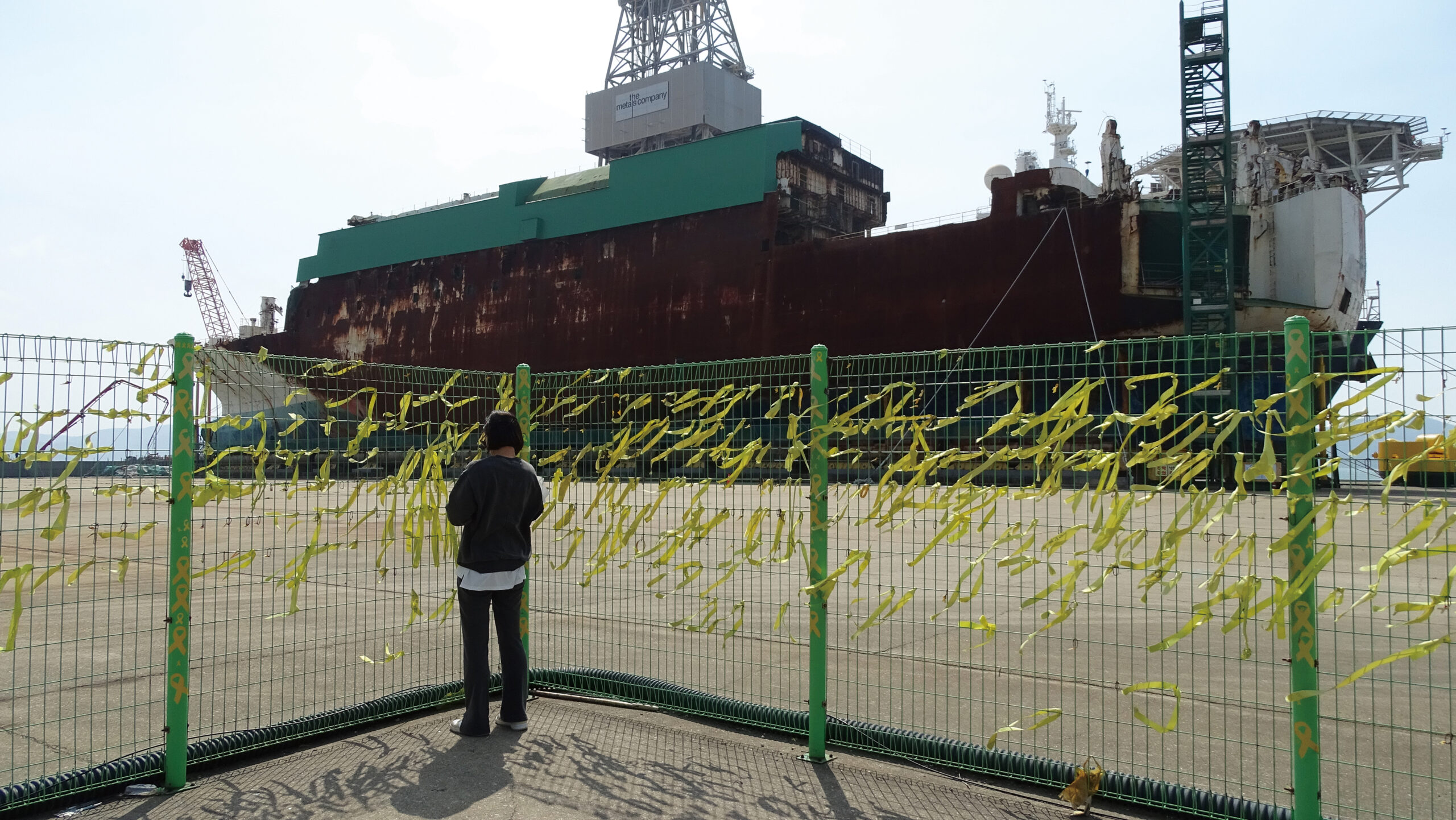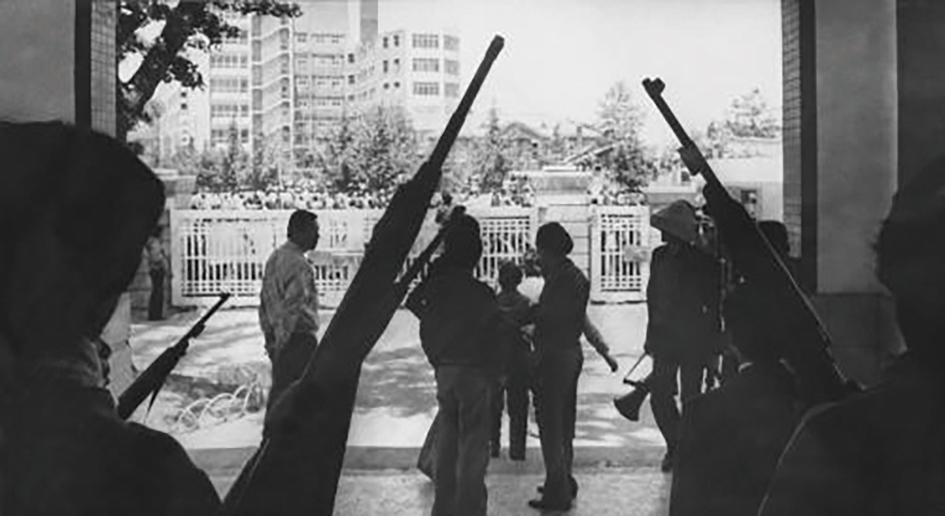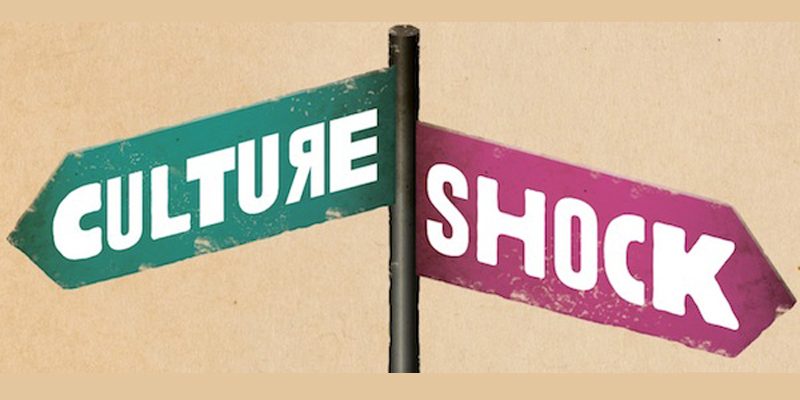Reverse-Reverse Culture “Shock”: Politics and Language
Written by Caleb Sekeres.
When I first left the United States for Korea in 2008, I told myself that I wanted to travel more. It was not about a job or money, though of course both were necessary; rather, it was about experience.
I wanted “out” of my routine – out of my familiar life – and, honestly, out of America. I had experienced 9/11 while starting a theatre company in lower Manhattan (a traumatic influence) and had become disappointed in my country’s president (and leadership), in addition to becoming exhausted by work and life. I wanted change.
After comparing opportunities abroad, I chose Korea, mainly because it looked beautiful. I went to teach English at a hagwon (학원, private institute) in Chuncheon, in Gangwon-do. That first year, I traveled throughout the country and studied the language as planned, and after my contract ended, I decided to remain. The experiences I had gathered were more interesting than I had expected, and I could accept the challenges of living in a foreign land. A friend recommended I come to Gwangju, and I secured a position at Chosun University, where I worked for seven years.
My initial culture shock in Korea slowly faded away, especially with the help of my girlfriend, whom I married. We started a family in Gwangju, and I settled into my Korean life rather happily, traveling within Korea and internationally. Then suddenly, because of my father’s death, I re-evaluated priorities, and my family and I moved back to America to Providence, Rhode Island, ostensibly so that my two young children could get to know their grandmother and extended American family. Time is unforgiving, and sometimes decisions are made for you.
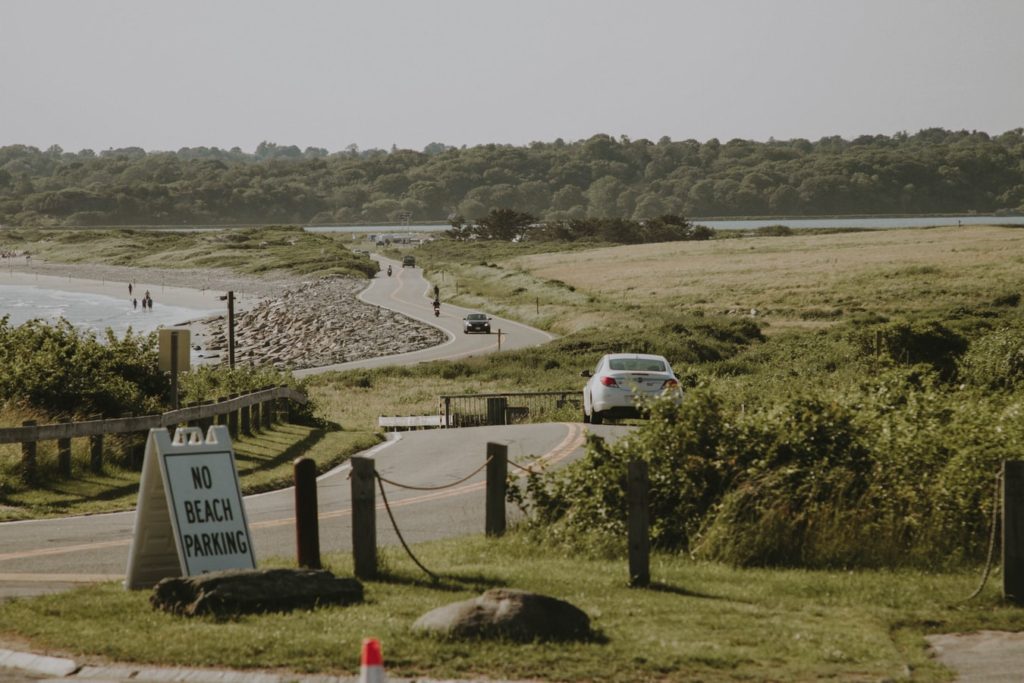
My wife and I have talked frequently about cultural differences, and I undoubtedly experienced reverse culture shock upon returning to my hometown and my home country. In spite of having a job lined up thanks to my oldest friend, it was a difficult transition. The United States’ political landscape had changed enormously, and many people were surprised that I had “decided” to return during a period of such political divisiveness. Even in the city I had grown up in, I found life disorienting, and sometimes I had difficulty finding the words to express myself in English. I had lost some of my native language ability!
In addition, simple tasks like driving, ordering food, finding Wi-Fi, cultural expectations, all manner of daily tasks, and bureaucracies are handled in different ways in America. It took time to get our children enrolled in daycare and to find a home to “settle” in, but the truth is that I never felt settled. I am also, by nature, a restless person. Our plan was to spend three to five years in the United States and return to Korea.

Gwangju at night. (Photo courtesy of Gwangju City Hall)Well, here we are, back in Korea after three years in America. For me, the decision to come back was easier than for my wife, who had a fresh perspective on her independence in America. I, on the other hand, had had an unexpected medical emergency and felt trapped in my home country for the final three months, unable to leave. So after a long recovery, I was ready to return to Korea. We have been back since late August 2019.
My children had adjusted to life in the United States with relative ease, and the truth is that they have seemingly readjusted to life back in Korea without a problem. They are enrolled in daycare and enjoying it. They have also spent time with extended family and friends (during Chuseok and on playdates), and the typical worries that (international) parents have for their children, of language struggles, cultural faux pas, and potential bullying, have dissipated. A common saying that “children are like sponges” regarding language acquisition, and the idea that children adjust to change more easily than adults, seem to be true for my family. Perhaps for them, other than missing friends and family in the United States, there is no reverse-reverse culture shock. That may change when my older son enters elementary school and must deal with the Korean language in a more intense way, but for now they seem happy. They are, after all, Korean.
While I have lost a good deal of Korean language ability in three years and must be thoughtful when choosing how to communicate, there has been virtually no reverse-reverse culture shock for me either. I have had to rely on my wife for assistance with some daily tasks, such as turning on the thermostat and washer to the correct settings, interpreting certain words when ordering and buying products, and asking for help at the community center, but I consider these to be minor issues and not out of the ordinary. I can travel where I need to go, communicate most of what I need to, and am able to live my life, so far, without feeling alienated in a foreign country. Readjusting to life in a large city like Gwangju (Providence, Rhode Island, is a city of approximately 200,000 people) has not been intimidating, perhaps because I lived here for many years and have a network of family and friends that is very supportive. It has been easier than expected to navigate the daily “politics” of language and culture.
The shock for me, so far, is that there has been none!
The Author
Caleb Sekeres, an artist and educator, has lived in Korea for over eight years. He has recorded and released original CDs as a pianist and singer, performed off-Broadway and in Korea, and taught students from elementary through university. He lives in Gwangju with his family.




